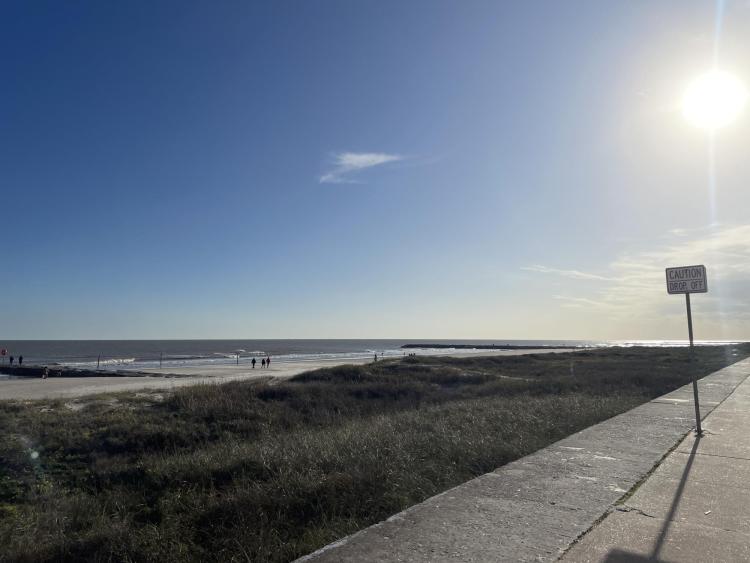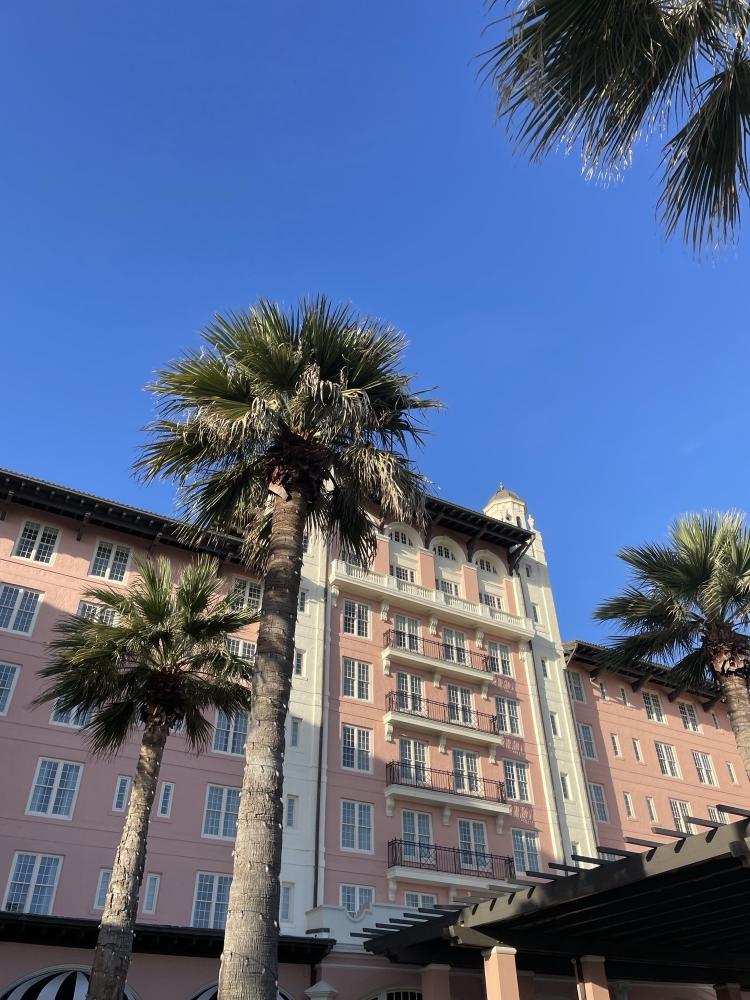Tristan Caro attends Gordon Geobiology Conference
At the start of the new year 2024, I headed to Galveston Texas for my first “Gordon” conference. Mentors and peers alike had encouraged me to visit a Gordon conference at some point during my PhD and I am grateful that I had this opportunity supported through the IQ Biology program. Indeed, Gordon conferences are strongly aligned with the spirit of “Interdisciplinary Quantitative Biology” – they attract scientists from many disciplines towards a focus topic. This year’s Gordon Geobiology conference was on “Geological and Biological Feedback through Deep Time and Into the Future.” Included were presentations from across genomics, cell biology, isotope dating, spectroscopy, and microbial ecology. Specific to early career scientists is the “Gordon Research Seminar” which takes place over two days before the formal start of the conference. This seminar is identical in format to the conference itself but is restricted to graduate students and postdocs, such that they may build connections amongst their peers. At the seminar, I gave a talk on my doctoral work with Prof. Alexis Templeton on measuring microbial activity rates in subsurface, alkaline groundwaters in the Samail Ophiolite, located in Oman. These measurements are key for developing targeted life detection strategies on Mars or the icy moons of the outer solar system, and have crucial relevance for industrial-scale CO2 sequestration efforts. At the Gordon conference itself, I presented this research as a poster, making connections with other subsurface microbiologists as well as plenty of scientists outside of my specific discipline. Because Gordon conferences are small format with plenty of unstructured time, scientific discourse flows naturally and informally. This is the genius of the Gordon-style of conference: putting scientists together with an abundance of unstructured time spontaneously generates fruitful discussions which can lead to future collaborations, career progression, and novel ideas. For this reason, I cannot recommend Gordon conferences enough to interdisciplinary scientists and my fellow IQ Biology students.




